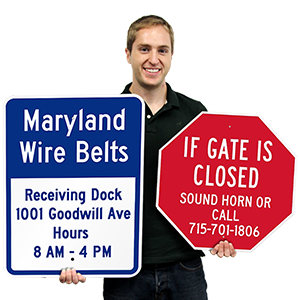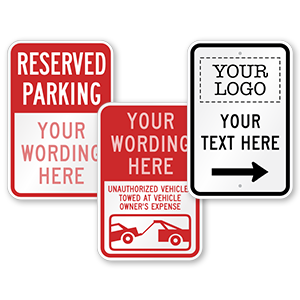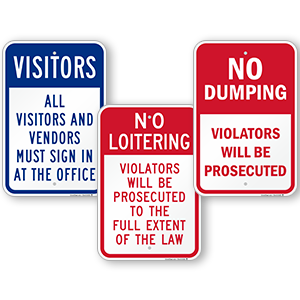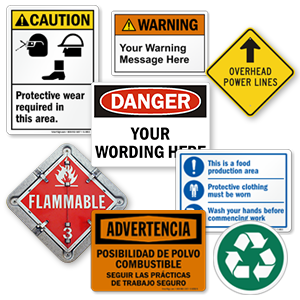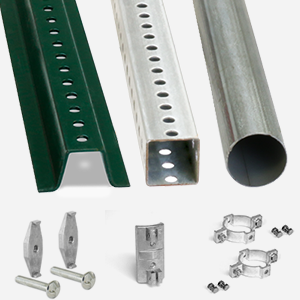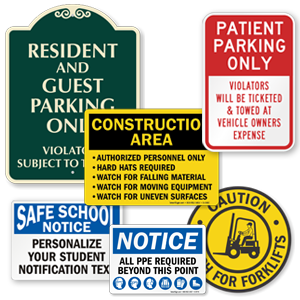Recycling election campaign signs — for good
Every two years – and sometimes sooner – election season sweeps across the landscape leaving it littered with very literal signs of the times.
Left to her own devices, the average political animal might throw her old campaign signs in the dustbin of history. If she is socially conscious, she might stuff them into the recycling bin instead. But a company in West Virginia wants to take the physical sign of your political allegiance and use it for demonstrable good.
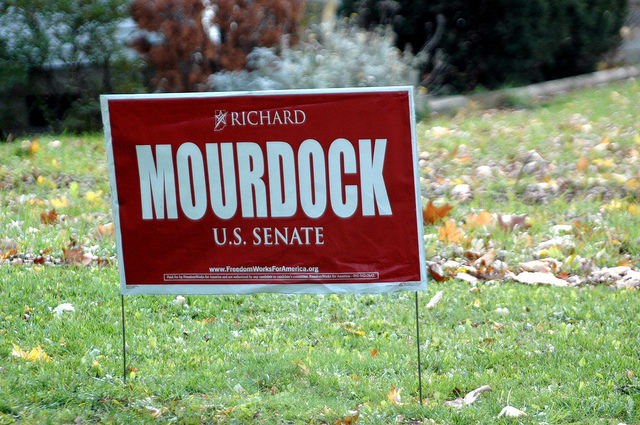
Campaign signs are being recycled to light poor communities. From Steve Baker.
According to its website, New Vision Renewable Energy is a “Christian Community Development Organization working to ReEnergize Communities.” The organization was founded in 2009, though it has deep roots in the history of rural development, particularly in Appalachia. New Vision’s mission is to get cheap, clean electricity into the hands of the communities who need it most but are least able to afford it.
As Boston.com reports, some politicians do the politically correct thing on the first Wednesday after the first Tuesday in November and pick up their campaign signs. That’s not surprising. If you win the election, you will probably run again, and why waste money that could be spent on TV ads re-buying the thousands of signs you put up on telephone poles and in barber shop windows?
But the signs recovered by thrifty politicians are generally the ones hanging in public spaces. What about the signs that the campaign gives to individual supporters as lawn declarations of political intent?
As reported by the Wall Street Journal, New Vision collects election signs from front lawns around their home community of Chestnut Ridge in North Central West Virginia and turns them into the backs of low-cost solar panels. With help from materials manufacturer 3M, they attach these low cost solar panels to lights that emit light almost as bright as an incandescent 100-watt bulb, though the panels can be used to charge cell phones via a USB port or power a solar-powered stove.
New Vision’s philanthropic project is to “spread the light” in areas of the world darkened by poverty or natural disaster, including the Ebola-stricken sections of West Africa, the Philippines, and Haiti. But New Vision’s philanthropy starts at home. Though the idea for creating portable solar units came from a missionary trip to Africa, the know-how came from founder Ruston Seaman’s experience working to bring electricity and sustainable living to the people of West Virginia.
Appalachia is notorious for intractable poverty, which is the worst in the United States. According to the 2010 census, in Owsley County, Kentucky 40 percent of the population lives below the poverty line and many of its residents are without running water or electricity. (Check out this article from the Daily Mail for more on the story.)
Ruston Seaman’s home is not too far away from Owsley County, but he thinks Appalachians’ experience with poverty makes them more open to helping others. “This helps our kids, who are at the bottom of the food chain in our country, realize how much we have and how they can help those with less,” he said in a recent interview.
Marrying Christian compassion with cutting edge technology and environmentalism, New Visions manages to help strangers half a world away. More power to them.


